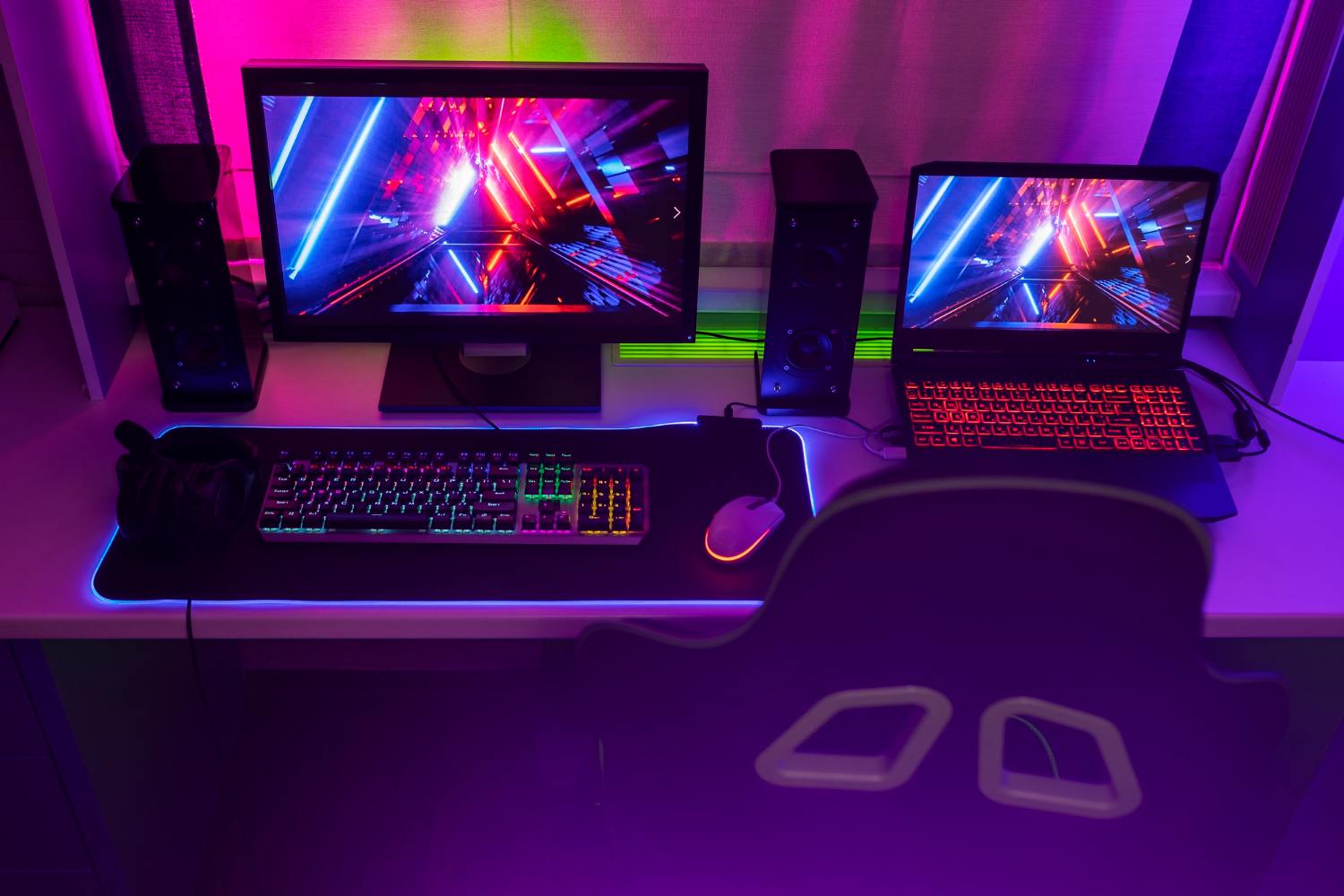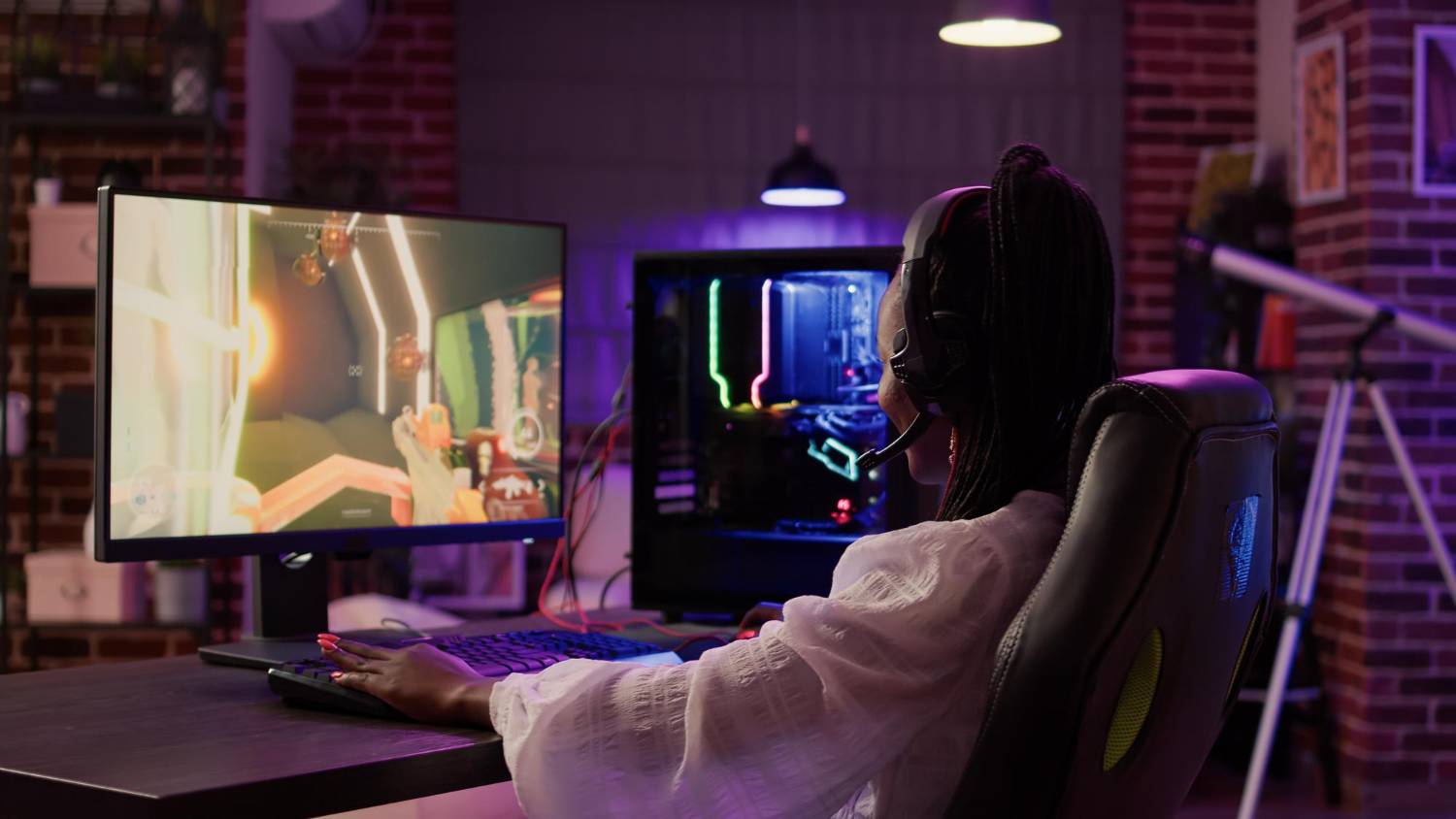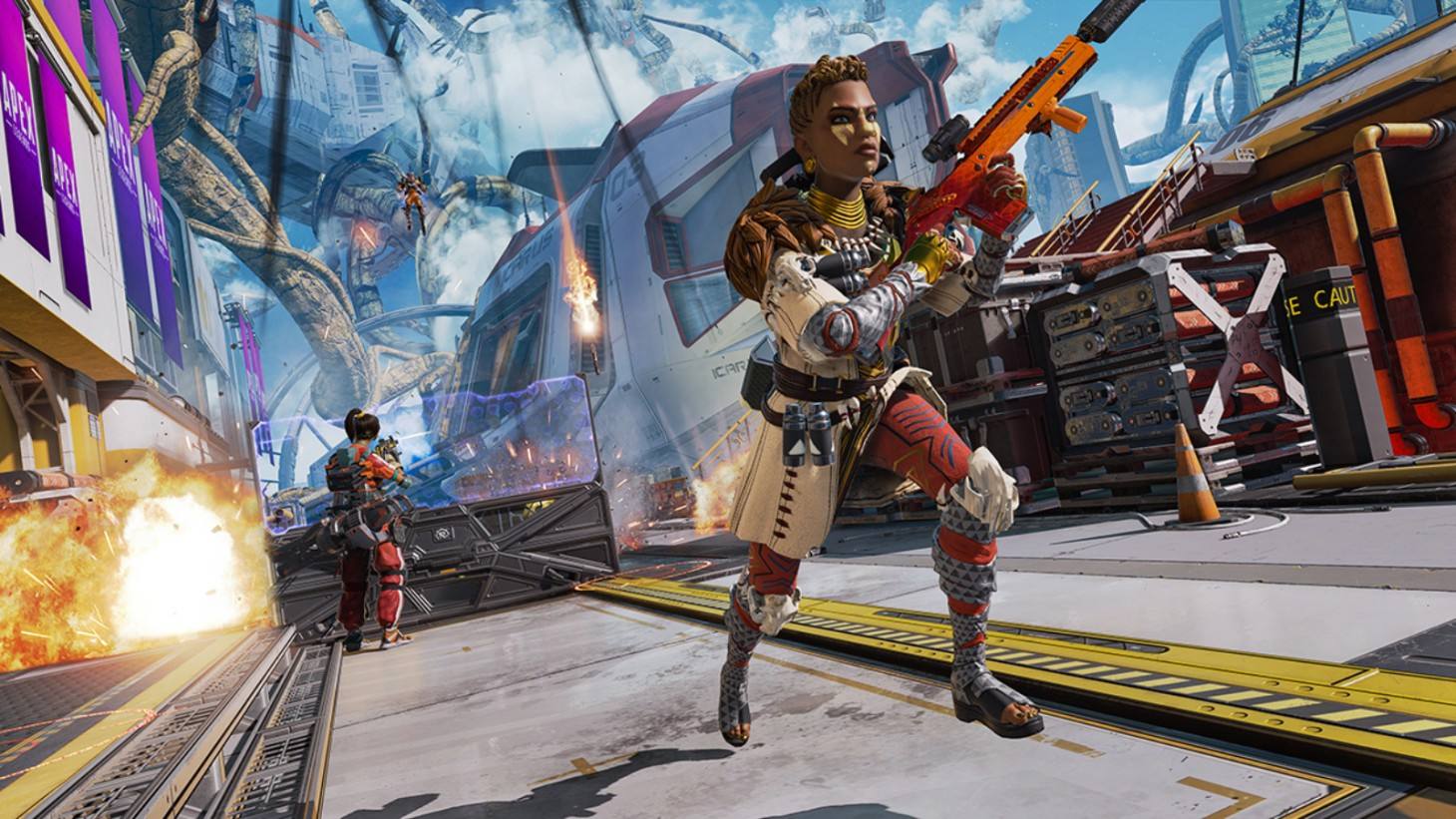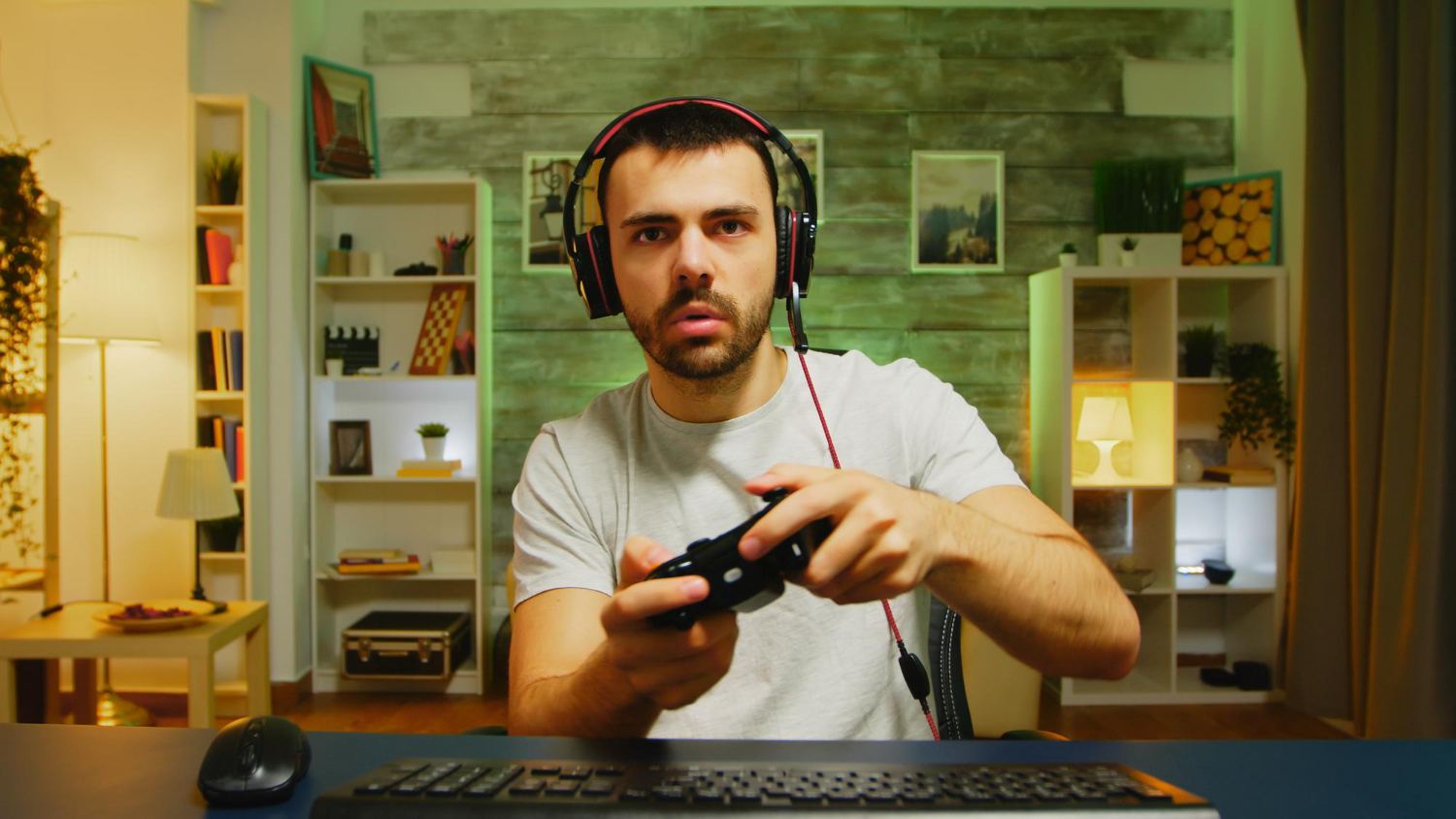
Author : Daniyal Southern
Published: 11.19.2024
Views : 15269
Choosing a gaming PC is a task that requires careful attention. To enjoy high-resolution gaming with maximum detail and fluidity, it's important to understand which PC components play a key role and how they can affect performance. In this article, we'll look at the top factors to consider when choosing the perfect PC for gaming.
1. Processor (CPU): The motor of your PC
The processor is the "brain" of the computer that manages all its tasks. For gaming, not only the processor itself is important, but also its frequency, number of cores and threads.
2. Graphics Card (GPU): The Heart of a Gaming PC
A graphics card is a component that is responsible for visuals and graphics in games. For modern games, it is important that the graphics card is powerful, as it has a direct impact on image quality and frame rate.
3. Random Access Memory (RAM): What Should You Pay Attention To?
RAM is important for system performance, especially when the game requires a large amount of data to process.
4. Data Storage (SSD or HDD?): Which One Should You Choose?
Modern games require a lot of storage space as well as fast loads.
5. Cooling: how not to overheat your car
Playing on high settings can cause PC components to heat up. An effective cooling system is essential to keep your computer running smoothly.
6. Motherboard: Ensuring compatibility
The motherboard (MB) is the foundation to which all the components of your PC are connected. It's important to choose a board that supports your chosen processor and graphics card, as well as offering opportunities for future upgrades.

7. Power Supply Unit (PSU): System Power
The choice of power supply is critical for the stable operation of the system. A power supply that is too weak can cause your PC to malfunction or even damage components.
8. Enclosure: The Importance of Ventilation and Design
The enclosure plays an important role in organizing the space for the components and provides good ventilation. Choose a case that supports the installation of all your components and allows for good air circulation.
9. Monitor: don't forget about the display
If your PC is designed for gaming, it's important to have a quality monitor that will match your computer's performance.
10. Price: Value for money
For most players, the balance between price and quality is important. Choose components that fit your budget, but don't skimp on the most critical parts, such as the graphics card and processor.
Conclusion
Choosing the perfect gaming PC depends on a variety of factors, from your performance requirements to your budget. Pay attention to each component: CPU, graphics card, memory, storage, and cooling. Pay attention to the compatibility of components and think about the possibility of upgrading in the future. As a result, you will get a PC that will provide comfortable gaming for many years.

The year 2024 will be marked by significant changes and new trends in the PC gaming industry. Advances in technology, changing player preferences, and new approaches to game development are all creating a picture where the past and the future are intertwined, and games are becoming more diverse and...

Multiplayer games have always been a special corner in the world of video games. This is not just a way to test your skills against other players, but also a unique opportunity to strengthen friendships by working for a common result or, on the contrary, competing with each other. Today, we're...

The history of PC gaming is not just a history of entertainment, but also of cultural evolution, the formation of new communities and the emergence of entire industries. This article will cover the impact of PC gaming on gaming culture, from the birth of modding to the global esports...